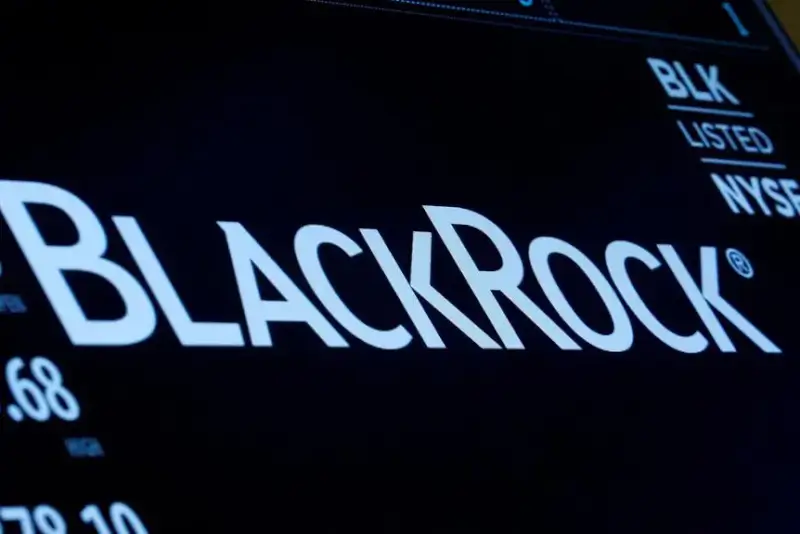BlackRock Inc., the world’s largest asset manager, has applied to the U.S. Securities and Exchange Commission (SEC) to launch exchange-traded fund (ETF) share classes for its mutual funds. This move makes BlackRock the latest and largest of more than 30 firms seeking to adopt the structure, following the expiration of Vanguard’s patent on ETF share classes in May 2023.
Currently, Vanguard is the only fund manager permitted to offer both ETF shares and traditional mutual fund units within the same fund, a setup which allows investors flexibility and access to ETFs without triggering capital gains taxes that typically apply to mutual fund redemptions. However, the SEC has not set a timeline to rule on these new applications.
In a push for regulatory clarity, Cboe Global Markets has requested a rule change from the SEC that would allow it to list and trade ETF share classes, a decision which regulators must address within 240 days, likely toward the end of 2024.
Industry Support and Early Movers
Dimensional Fund Advisors (DFA), one of the first firms to seek approval for ETF share classes, has garnered support from hundreds of financial advisers who together manage $3 trillion in assets, highlighting broad industry interest in this dual structure. DFA and other proponents believe ETF share classes could reduce investor costs and enhance portfolio flexibility.
The SEC’s eventual decision could transform the investment landscape, as an ETF share class structure enables tax efficiencies for mutual fund holders, creating a compelling advantage over traditional mutual fund-only options. By allowing mutual fund giants like BlackRock to offer ETFs as a share class, investors could soon benefit from lower costs and tax efficiency within a single investment vehicle.
As firms like BlackRock and DFA await the SEC’s ruling, market participants are closely watching the regulatory developments that could reshape fund structures and broaden access to ETF benefits for retail and institutional investors alike.






